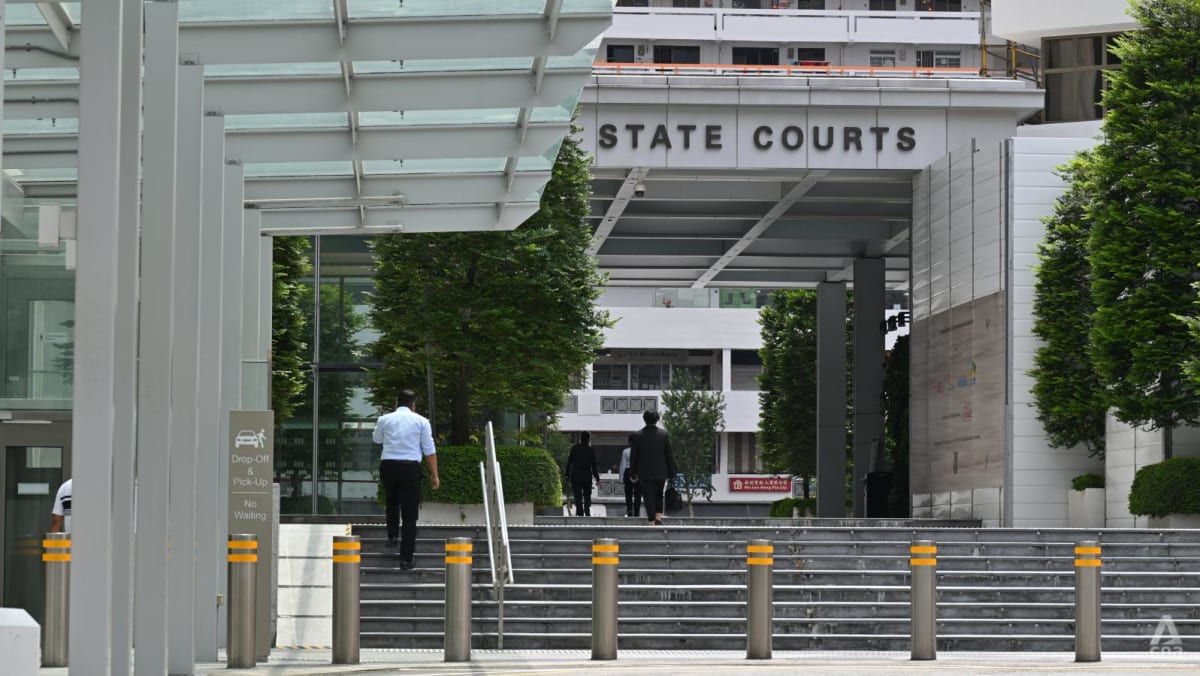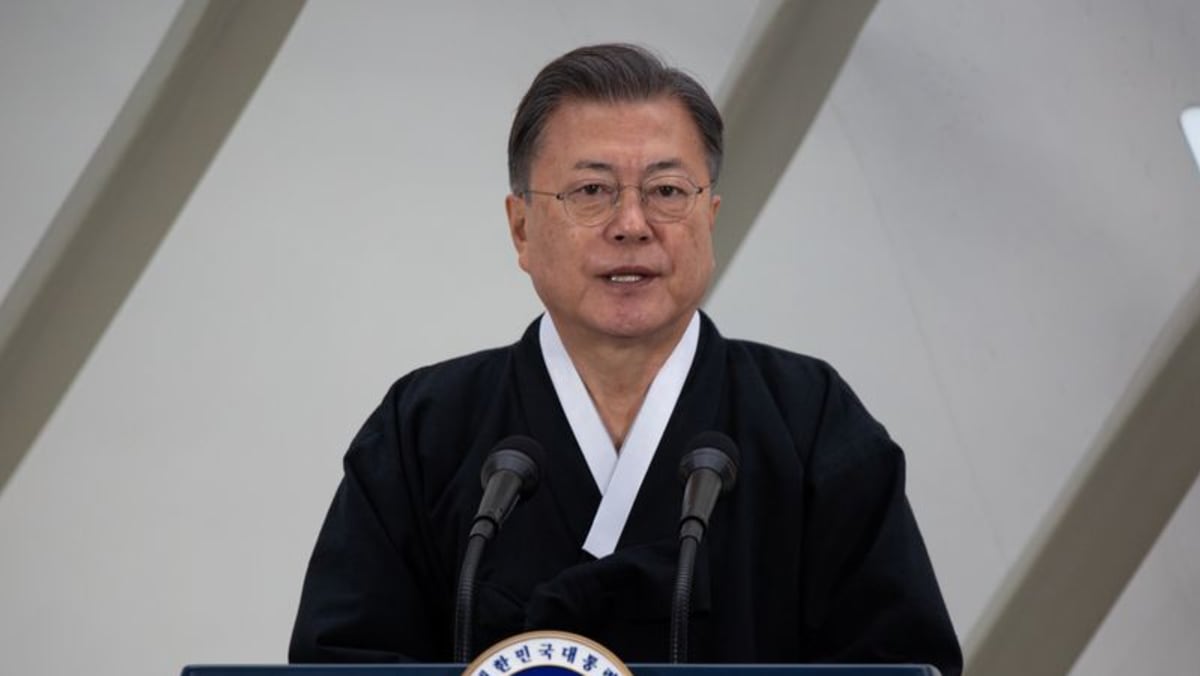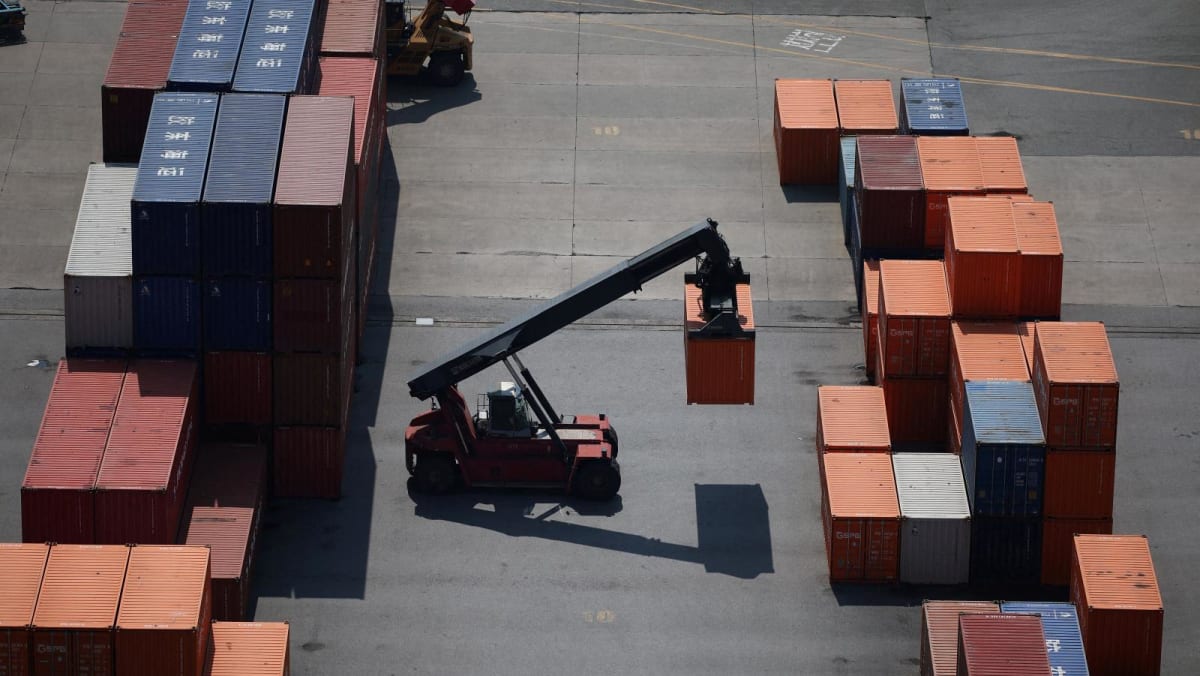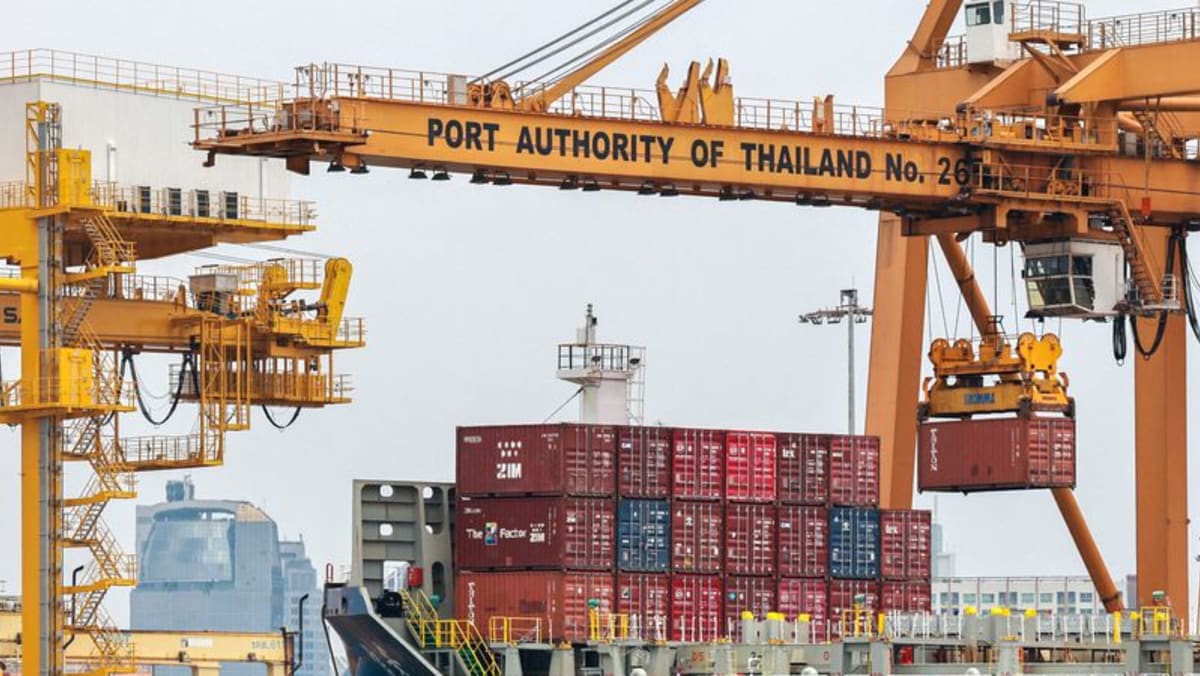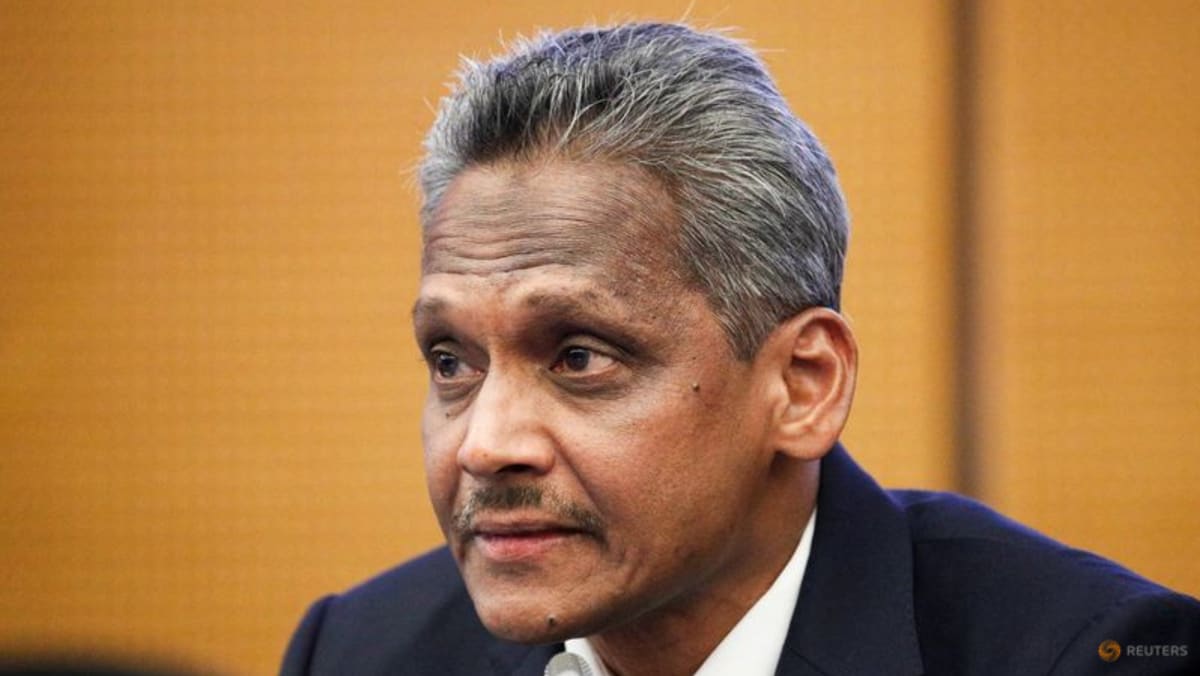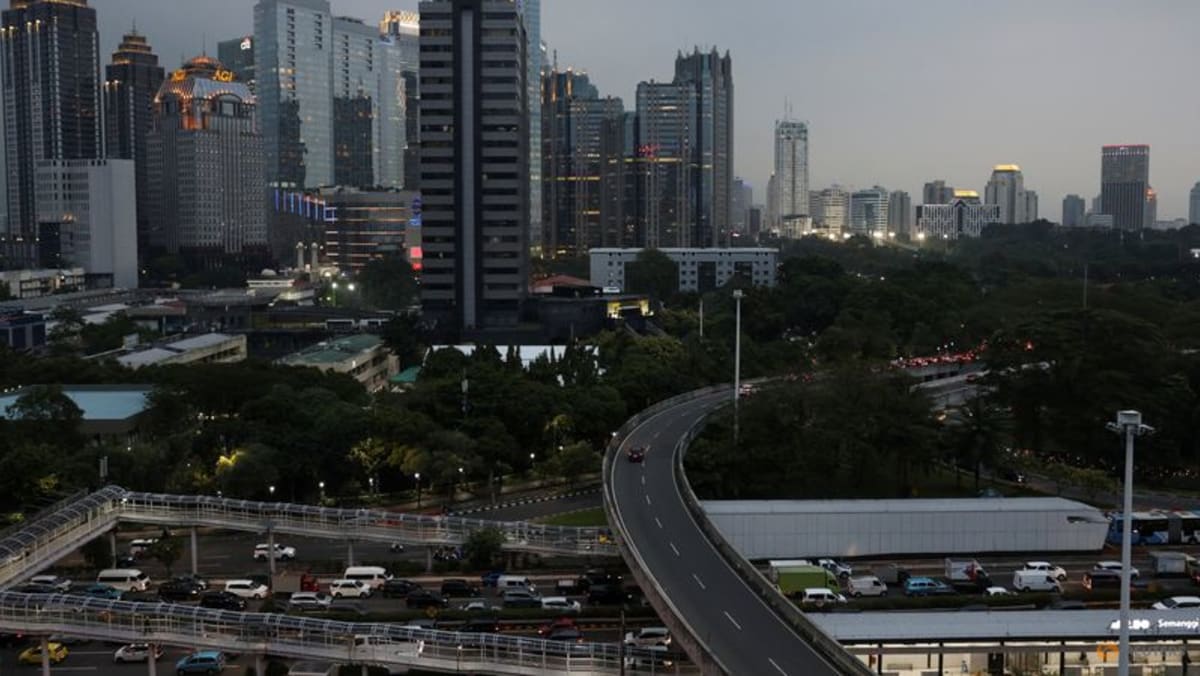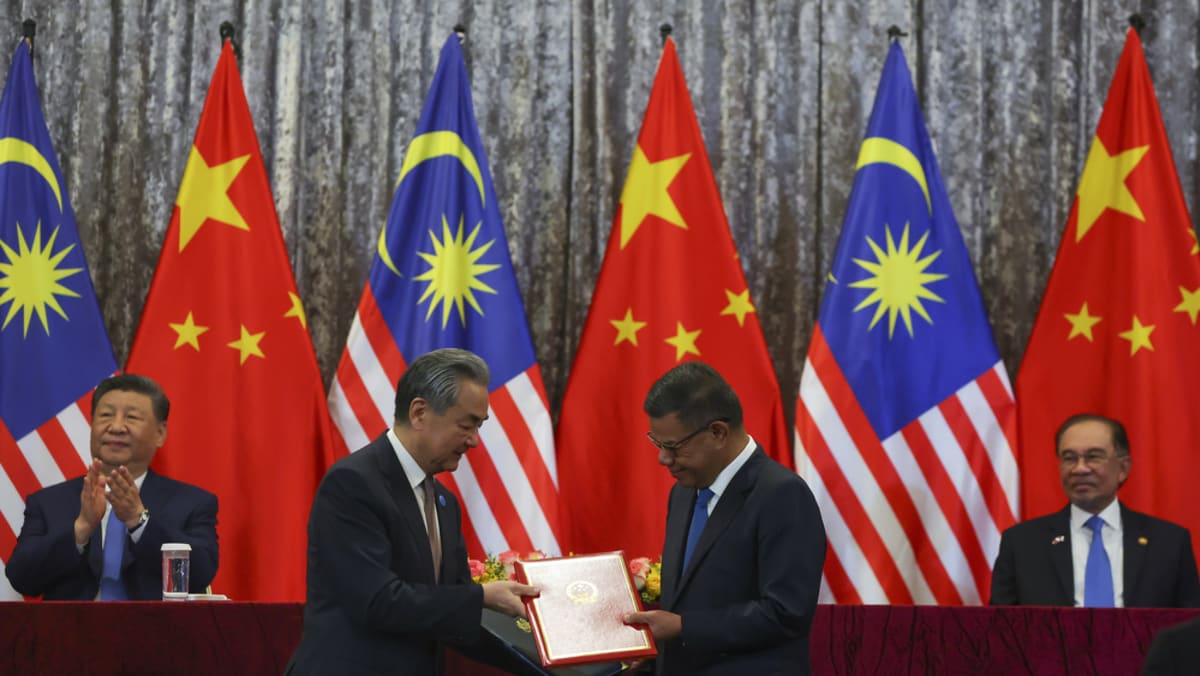DENTED EXPORTS
The country’s economy expanded 1.3 per cent in the first quarter of last year but grew less than expected in the fourth quarter, as the fallout from Yoon’s declaration of martial law hit consumer confidence and domestic demand.
According to the Korea Customs Service, as of mid-April, the country’s exports had dropped by more than 5 per cent compared to the previous year, with declines reported in nine out of the country’s ten major export categories excluding semiconductors.
The sharpest fall was in exports to the United States, which fell by more than 14 per cent.
The International Monetary Fund this week sharply revised down its growth forecast for South Korea for the year, cutting it from 2 per cent to 1 per cent.
“The South Korean economy is facing structural burdens of high inflation and a weak won-dollar exchange rate, and under this dual pressure, a slowdown in growth is becoming increasingly evident,” Kim Dae-jong, a professor at Sejong University, told AFP.
Bank of Korea governor Rhee Chang-yong said last week the country’s annual growth rate is now “expected to fall short of the 1.5 per cent forecast made in February”.
“The tightening of tariff policies, which is much stronger than initially projected, will likely further weigh on growth prospects,” he told reporters in a press conference.
He added that “political uncertainty has dragged on longer than expected, delaying the recovery of economic sentiment.”
Sluggish domestic demand, along with factors such as large-scale wildfires which tore through swaths of the country’s southeast in late March, had also contributed to the downturn, Rhee said.
Addressing parliament, acting president Han Duck-soo underlined “significant” challenges by South Korea.
“Unprecedented US-driven tariff policies have created a level of uncertainty that is causing rapid and unpredictable shifts in the global economic landscape,” Han told the National Assembly.
US tariffs on steel and automobiles, as well as broader levies imposed by Trump on other goods, are expected to “place considerable strain on Korean industries and businesses”, added Han.

